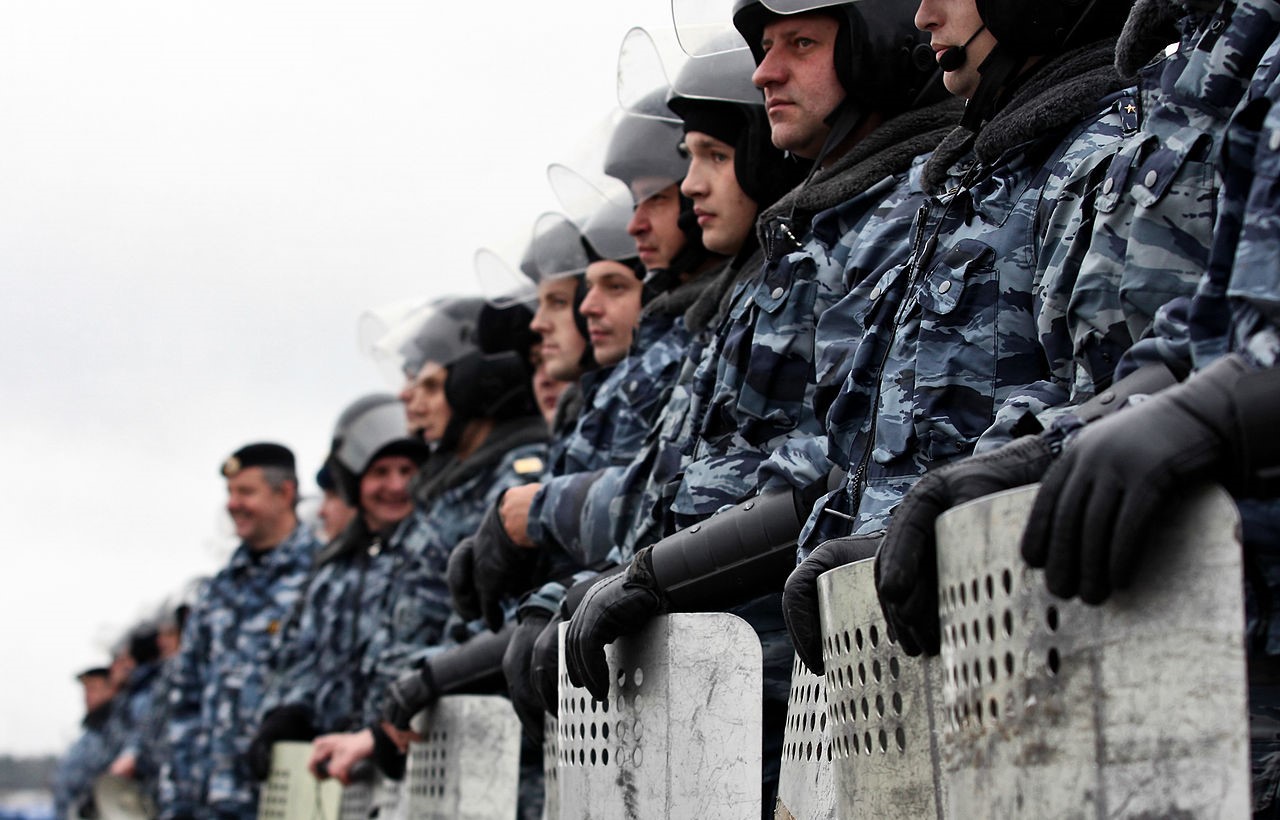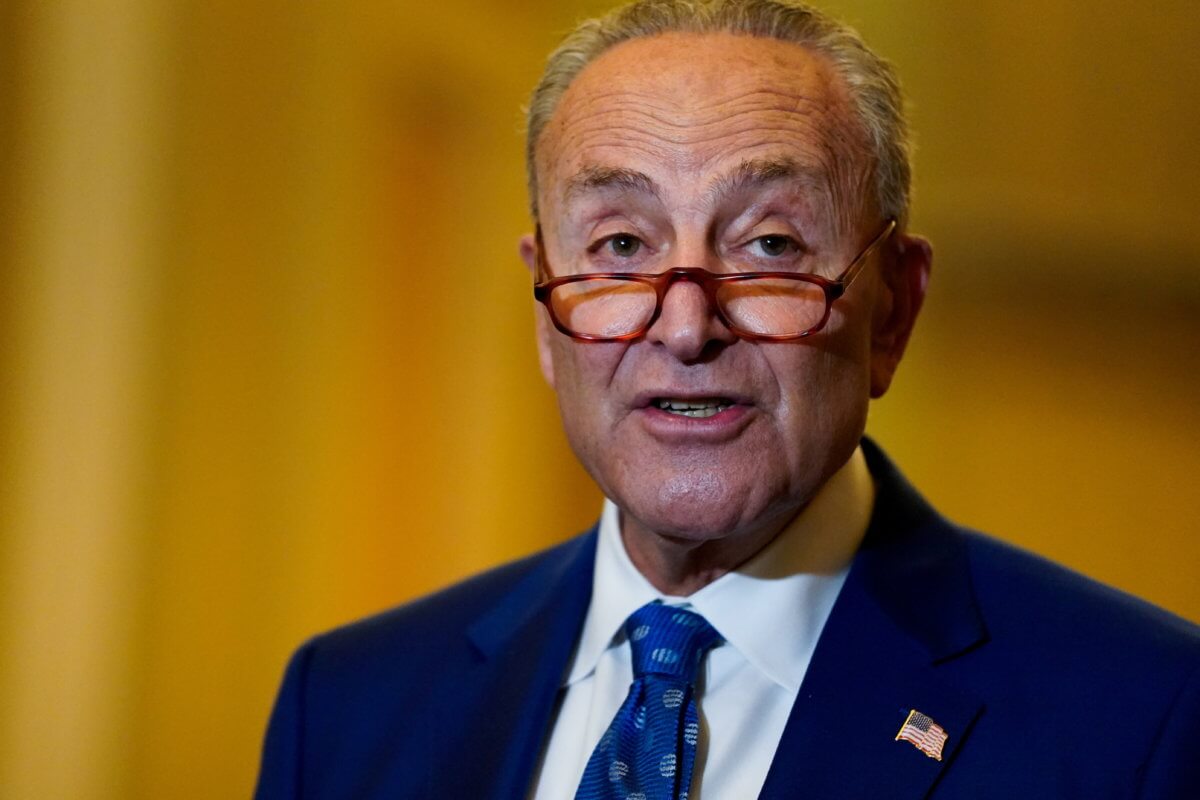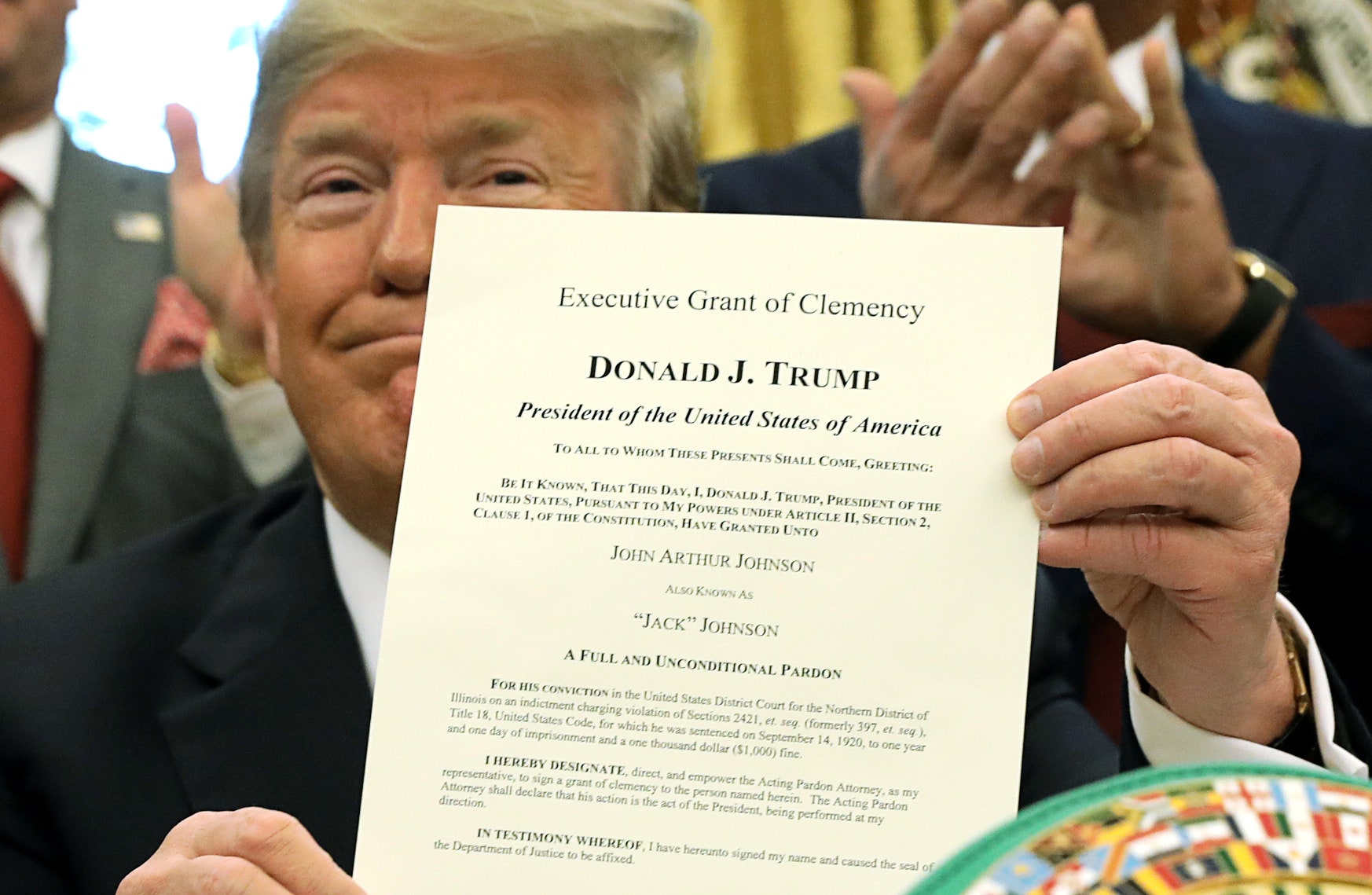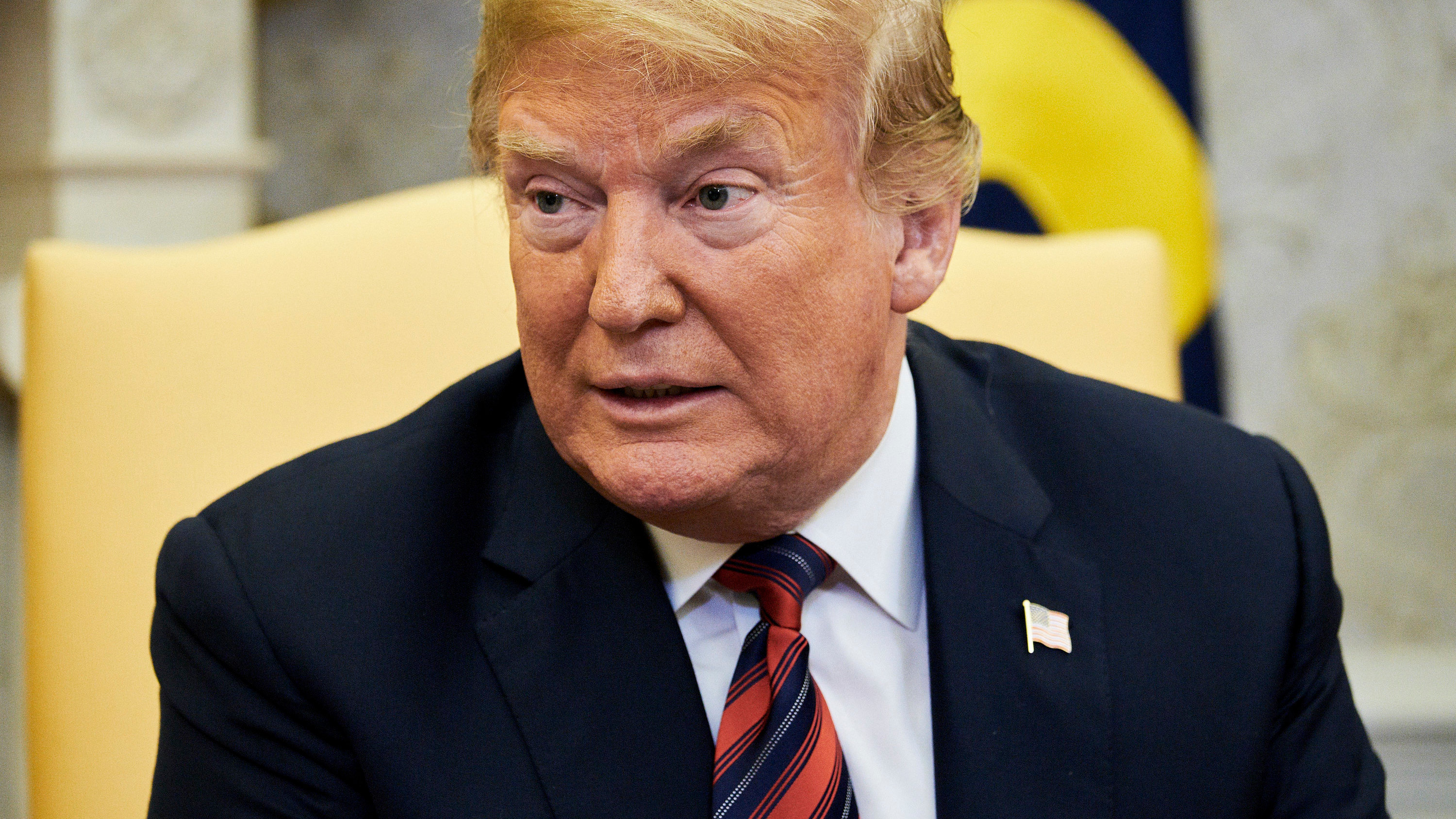Russia's Military Strategy And Its Impact On European Security

Table of Contents
The Evolution of Russia's Military Doctrine
Understanding Russia's current military strategy requires examining its historical trajectory. Post-Cold War, Russia's military doctrine shifted from a focus on large-scale conventional warfare against NATO to a more asymmetric approach. This change reflects Russia's evolving geopolitical ambitions and limitations in resources. Key doctrinal shifts include:
-
A renewed emphasis on nuclear deterrence: Russia views its nuclear arsenal as a crucial component of its security strategy, employing it as a deterrent against potential adversaries, a strategy reinforced by its recent nuclear saber-rattling. This nuclear posture plays a significant role in shaping the responses from NATO and other global powers.
-
Development of asymmetric warfare capabilities: This involves leveraging unconventional tactics, including information warfare, hybrid warfare, and the use of proxy forces to achieve strategic objectives without direct military confrontation. The use of these tactics adds a layer of complexity to understanding and responding to Russia's military actions.
-
Modernization of conventional forces: While prioritizing asymmetric strategies, Russia is simultaneously modernizing its conventional military capabilities, focusing on advanced weaponry, precision-guided munitions, and improved command and control systems. This modernization effort aims to enhance its conventional military strength.
-
Proliferation of Information Warfare and Hybrid Tactics: Russia has mastered the art of information warfare, using disinformation campaigns, propaganda, and cyberattacks to destabilize target countries, influence public opinion, and erode the cohesion of its adversaries. This approach forms a crucial part of its overall military strategy.
-
Sophisticated Cyber Warfare Capabilities: Russia possesses advanced cyber warfare capabilities, which it employs for espionage, sabotage, and disruptive attacks against critical infrastructure. This cyber element poses a growing threat to the security of nations worldwide.
Key Components of Russia's Military Strategy
Russia's current military strategy is multifaceted and incorporates several key components:
-
Maintaining influence in the Near Abroad: Russia seeks to exert political and military influence over its neighboring states, often employing coercive diplomacy and military intervention to achieve its objectives. This regional dominance remains a cornerstone of its foreign policy.
-
Strategic Nuclear Weapons: Russia maintains a large and advanced nuclear arsenal, emphasizing its role in deterring potential aggression and projecting power globally. The sheer power of this arsenal continues to shape global geopolitics.
-
Conventional Force Projection: Russia aims to project conventional military power beyond its borders, demonstrating its ability to deploy forces rapidly and effectively. This projection capability is intended to secure its interests and influence events in regions of strategic importance.
-
Strategic use of Proxy Forces and Mercenaries: Russia frequently employs proxy forces and mercenary groups, such as the Wagner Group, to conduct operations that allow for plausible deniability while achieving its strategic goals. The use of these actors minimizes its direct involvement and reduces the risk of open military confrontation.
-
Development and Deployment of Advanced Weaponry: Russia continues to invest in the development and deployment of advanced weapons systems, including hypersonic missiles and other cutting-edge technologies, aimed at maintaining a technological edge over its adversaries.
Impact on European Security
Russia's military strategy has profoundly impacted European security, creating a climate of uncertainty and instability. The consequences include:
-
NATO's Response and Enhanced Military Posture: NATO has responded to Russia's actions by increasing its military presence in Eastern Europe, enhancing its defensive capabilities, and strengthening its collective defense posture. This response highlights the alliance's commitment to deterring Russian aggression.
-
Increased Defense Spending in European Countries: Many European nations have increased their defense budgets in response to the perceived threat posed by Russia, signaling a shift towards a more robust security posture. This surge reflects a growing recognition of the need for improved military preparedness.
-
Energy Security Concerns: Russia's control over energy resources has created energy security concerns for European countries, highlighting the vulnerability of relying on a single supplier for critical resources. This dependence has become a strategic lever for Russia's geopolitical maneuvering.
-
Disinformation and Propaganda Campaigns: Russia's use of disinformation and propaganda campaigns undermines democratic processes and fuels social divisions within European societies, exacerbating political instability. This element forms a significant aspect of Russia's hybrid warfare strategy.
-
Impact on International Relations and Alliances: Russia's actions have strained international relations, impacting alliances and partnerships across the globe. The overall international climate has become more turbulent due to Russia's destabilizing behavior.
Addressing the Challenges Posed by Russia's Military Strategy
The international community is employing various strategies to address the challenges posed by Russia's military strategy:
-
Strengthening NATO's Eastern Flank: NATO is reinforcing its presence in Eastern Europe through increased military exercises, deployments, and infrastructure investments, deterring potential Russian aggression against its member states. This collective action aims to maintain regional stability.
-
Implementing Robust Cybersecurity Measures: European nations and international organizations are bolstering their cybersecurity defenses to counter Russia's cyberattacks and protect critical infrastructure. Cybersecurity is now a top priority for safeguarding national interests.
-
Imposing Economic Sanctions and Diplomatic Pressure: Economic sanctions and diplomatic pressure are being employed to compel Russia to change its behavior and comply with international norms. These measures aim to isolate Russia and constrain its actions.
-
Promoting International Cooperation and Intelligence Sharing: Enhanced intelligence sharing and international cooperation are crucial to understanding and responding effectively to Russia's military activities. Collaborative efforts help to counter Russian aggression.
-
Supporting Ukraine and Other Neighboring Countries: Supporting Ukraine and other neighboring countries facing Russian aggression is essential for bolstering their defense capabilities and promoting stability in the region. This support involves both military and humanitarian aid.
Conclusion
Russia's military strategy is complex and multifaceted, encompassing conventional and unconventional warfare capabilities, information operations, and the strategic use of nuclear weapons. This strategy poses significant challenges to European security, necessitating a comprehensive and coordinated response. Understanding Russia's military strategy is crucial for developing effective countermeasures, and the international community must remain vigilant and adaptable in the face of these evolving threats. Analyze the impact of Russia's military strategy and stay informed about its implications for your own nation's security. Understanding Russia's military strategy is not just a geopolitical concern; it's a matter of national security for many nations.

Featured Posts
-
 Crack The Nyt Spelling Bee April 1 2025 Hints And Answers
Apr 29, 2025
Crack The Nyt Spelling Bee April 1 2025 Hints And Answers
Apr 29, 2025 -
 Senate Majority Leader Schumer I M Staying Put Future Of Senate Leadership
Apr 29, 2025
Senate Majority Leader Schumer I M Staying Put Future Of Senate Leadership
Apr 29, 2025 -
 Minnesota Snow Plow Name Winners Announced
Apr 29, 2025
Minnesota Snow Plow Name Winners Announced
Apr 29, 2025 -
 X Corps Financial Update Debt Sale And Future Implications
Apr 29, 2025
X Corps Financial Update Debt Sale And Future Implications
Apr 29, 2025 -
 Lmht Ela Fealyat Fn Abwzby Almuqrr Antlaqha 19 Nwfmbr
Apr 29, 2025
Lmht Ela Fealyat Fn Abwzby Almuqrr Antlaqha 19 Nwfmbr
Apr 29, 2025
Latest Posts
-
 Older Viewers And You Tube A Growing Trend
Apr 29, 2025
Older Viewers And You Tube A Growing Trend
Apr 29, 2025 -
 Why Older Adults Are Choosing You Tube For Entertainment
Apr 29, 2025
Why Older Adults Are Choosing You Tube For Entertainment
Apr 29, 2025 -
 You Tubes Growing Popularity Among Older Viewers
Apr 29, 2025
You Tubes Growing Popularity Among Older Viewers
Apr 29, 2025 -
 Full Pardon For Rose Trumps Decision And Its Fallout
Apr 29, 2025
Full Pardon For Rose Trumps Decision And Its Fallout
Apr 29, 2025 -
 Rose Pardon Will Trump Grant Executive Clemency
Apr 29, 2025
Rose Pardon Will Trump Grant Executive Clemency
Apr 29, 2025
